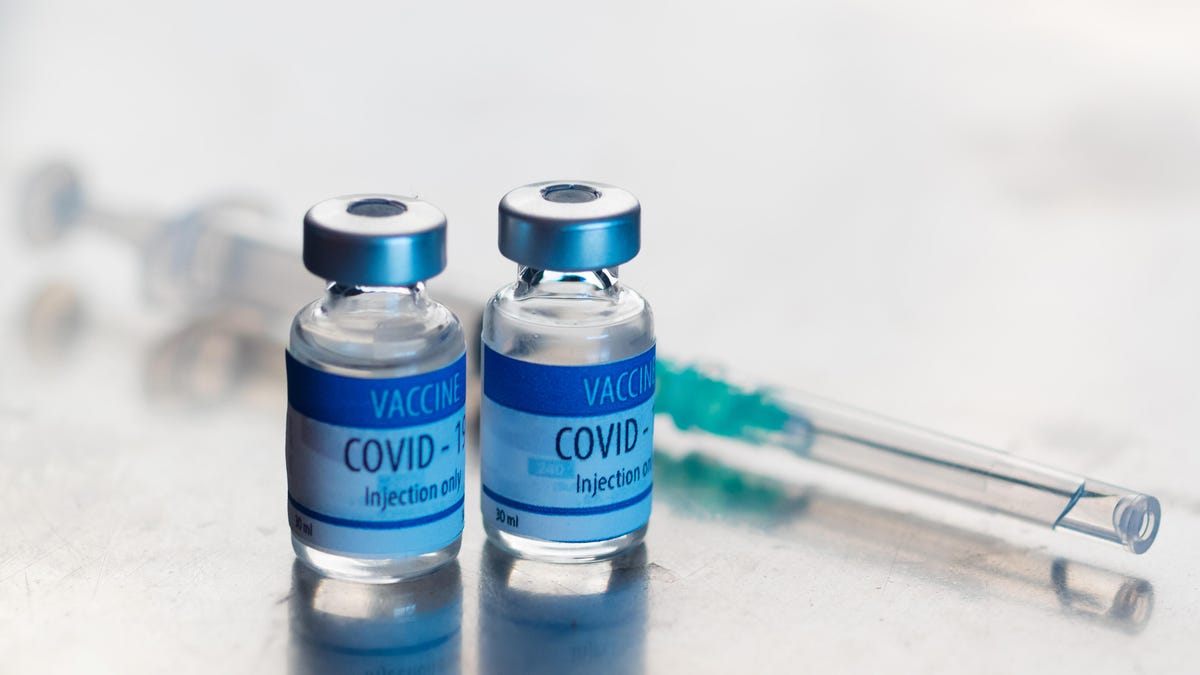US to donate 500 million doses of Pfizer's COVID vaccine to lower-income countries
The vaccine purchase and donation will happen over the next year.

It will take billions of doses to vaccinate the world against COVID, but this is a start.
The US will donate half a billion doses of Pfizer's COVID-19 vaccine to lower-income countries around the world. The vaccine will go to 92 low- and lower middle-income countries, as well as the African Union, the White House said in a statement Thursday.
Shipments will start in August, with 200 million doses delivered by the end of 2021. The remaining 300 million doses will be delivered in the first half of 2022, the statement said.
The announcement comes a week after the Biden administration announced its plans to donate 80 million vaccine doses to other countries by the end of June.
In Pfizer's press release, the company said it will provide the 500 million doses to the US government at a "not-for-profit price." The 500 million vaccine doses are part of Pfizer and BioNTech's "pledge to provide 2 billion doses of the COVID-19 vaccine to low and middle-income countries over the next 18 months," the release said.
In the US, 63.9% of adults have received at least one dose of a COVID-19 vaccine, and 53.3% of adults are fully vaccinated, according to June 10 data from the Centers for Disease Control and Prevention. The Biden administration's goal is to get 70% of American adults partially vaccinated before July 4.

